Sebagai artikel pertama pada blog ini sudah menjadi niat saya untuk membuat sebuah review anime, and as of Winter there are 3 possible candidates: Puella Magi Madoka Magica, Fractale, and Hourou Musuko.
Honestly, Madoka is my primary candidate, tapi masalahnya secara tematik Madoka memiliki referensi yang sangat luas. I first thought that Madoka is about deconstruction, post-modernism and post-structuralism (layaknya Umineko), dan ini terkonfirmasi dengan bayang-bayang Derrida yang berkelebat di 3 episode pertama. However as the show goes on, I then saw Schopenhauer, dan saat saya mencoba untuk re-watch dari episode 1, saya kemudian menyadari ada Jung (or is it Freud?) dan Nietzsche di sana. Yep, Madoka is too tasking for me to write a review of. Furthermore there is already a decent Wiki out there, so I decided not to bother ^_^
Selanjutnya tentang Fractale, a goddamn interesting show, dan dari apa yang saya lihat, it mainly talks about social identity, and social interaction. I decided to keep off from these topics (especially the social interaction stuffs), karena saya merasa masih sangat pemula di bidang tersebut. And if I want to review Fractale then I needs to read a few books, which I'm too lazy to do :lol:
Oleh karena itu, here we are with Hourou Musuko! Sebelum mulai, saya cuma mo bilang kalo review ini solely based of anime (I never read the manga +_+ ), so please bear my cluelessness...
Kalau Rene Descartes dalam menulis bukunya A Discourse on Method memulai dengan mempertanyakan hakikat eksistensi dirinya serta benda-benda sekitarnya, Hourou Musuko juga memulai ceritanya dengan pertanyaan yang cukup memprovokasi pikiran.
anyone submit 500 words essay of this topic please?
Hourou Musuko adalah cerita tentang kehidupan normal dari protagonis utamanya Nitori Shuichi. normal life indeed, no witches, no headless rider, no alien, time-traveler, esper, slider, etc, etc. Menonton anime ini mirip seperti membaca diary dari Nitori-kun as he lived his period of puberty (ultimately, no significant plot found).
Sepanjang 5 episode pertama ini saya disuguhi dua isu yang menjadi sumber konflik:
Conflict of loves, interpersonal conflicts between the three protagonists, summarized below:
of course, with usual sinetron-like reply for more spicy conflict
lengkap dengan fatalistic stance of the protagonist
tell you what... status quo is no good, especially if you're dealing with endless witches
Self-identity conflicts, summarized below
and their secret is...
Sederhananya, Nitori-kun wants to be a girl, while his mate Takatsuki-san wants to be a boy.
Sayang sekali, so far saya tidak memperoleh background yang jelas tentang asal-usul our protagonist's gender dysphoria (ato kalo meminjam istilah WHO, Gender Identity Disorder in Children -- GIDC).
Walaupun demikian, dari analisis sederhana, saya belakangan berasumsi bahwa Nitori-kun tidak benar-benar merasa bahwa dia adalah a girl consciousness within a body of a boy (meminjam konsep consciousness John Locke). I think he simply holds a fascination towards girls ...something like that. Sementara kasus Takatsuki-san mungkin lebih kompleks.
Similarities? Both of them had...
Let's press further... Why crossdress? Atau lebih jelasnya, mengapa Nitori-kun dan Takatsuki-san memilih crossdressing sebagai media ekspresi? My analysis is as follows:
Pakaian (clothing) bisa dikatakan sebagai salah satu media ekspresi identitas (personal identity, maupun social identity) manusia yang paling dominan/ekspresif. Dalam studi semiotika, pakaian seseorang dapat menjadi signifier, yang menyampaikan signified concepts kepada publik, baik yang bersifat personal seperti gender, sifat (traits), mood, maupun yang bersifat sosial seperti social standing, keanggotaan komunitas, sampai pandangan politis.
Oleh karena itu, our protagonists (Nitori & Takatsuki) crossdressing is simply to speak, "I want to (or, I meant to?) be a girl/boy". Pilihan untuk crossdress, however is tough option for Nitori-kun, why? Hal ini disebabkan oleh budaya masyarakat dunia yang mayoritas (tak terbantahkan) bersifat paternalistik.
Sederhananya saat seorang pria crossdress sebagai wanita (wearing *PSG* for an extreme example), dia memasuki wilayah feminimitas, sebuah wilayah budaya yang dianggap inferior oleh masyarakat. Sementara Takatsuki-san to dress as a boy had it easier (lebih mudah diterima masyarakat, since masculinity is a superior culture).
Diluar dari itu semua, Hourou Musuko, tetap menjaga sense of biological and social realism, dalam scene yang bisa dikategorikan siksaan psikologis, dan termasuk di dalamnya eksistensi dari incompetent adults.
WET DREAMS = GODLY TROLL
UNGODLY TROLL, morale minus 150 points
K.O.-ed by ungodly troll
Personally, I had lots of fun watching the show, especially watching Chiba Saori (which happen to my favorite character) misfortunes (dealing with insensible teacher) working in genderbender Romeo-Juliet opera script, which reminds me of myself while in highschool – though, I'm not working in genderbender play, our fates were so similar.
Blue text ineffective, SSVD #18
There my first article, sorry for writing in mixed English and Indonesian, since I suck on the latter :lol:
[BIBLIOGRAPHY]
Barthes, R., 1990, The Fashion System (translated by M. Ward, and R. Howard), University of California Press, Los Angeles.
de Saussure, Ferdinand., 1983, Course in General Linguistics (translated by R. Harris), Duckworth, London.
Locke, John., 1689, On Identity and Diversity, Steve Harris and David Widger (eds), An Essay Concerning Humane Understanding, Volume II, Gutenberg Project (2004)
Locke, John., 1689, Of The Signification of Words, Steve Harris and David Widger (eds), An Essay Concerning Humane Understanding, Volume III, Gutenberg Project (2004)
Phillips, J. R., 2004, Are TV and Film Like a Language Which we Read?, Routledge, London.
Waterman, A.S., 1984, Identity Formation: Discovery or Creation?, The Journal of Early Adolescence, Vol. 4, No. 4, pp. 329--341
World Health Organization, 1990, Disorders of adult personality and behavior, F60-F69.
Barthes, R., 1990, The Fashion System (translated by M. Ward, and R. Howard), University of California Press, Los Angeles.
de Saussure, Ferdinand., 1983, Course in General Linguistics (translated by R. Harris), Duckworth, London.
Locke, John., 1689, On Identity and Diversity, Steve Harris and David Widger (eds), An Essay Concerning Humane Understanding, Volume II, Gutenberg Project (2004)
Locke, John., 1689, Of The Signification of Words, Steve Harris and David Widger (eds), An Essay Concerning Humane Understanding, Volume III, Gutenberg Project (2004)
Phillips, J. R., 2004, Are TV and Film Like a Language Which we Read?, Routledge, London.
Waterman, A.S., 1984, Identity Formation: Discovery or Creation?, The Journal of Early Adolescence, Vol. 4, No. 4, pp. 329--341
World Health Organization, 1990, Disorders of adult personality and behavior, F60-F69.

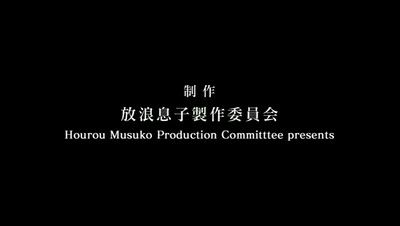
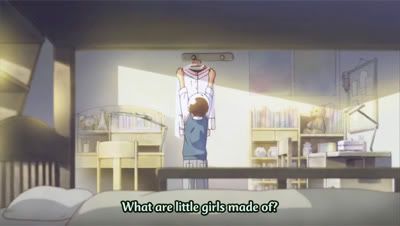
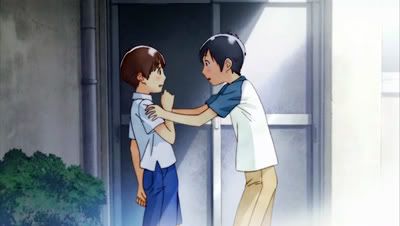

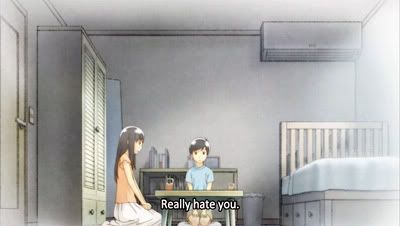
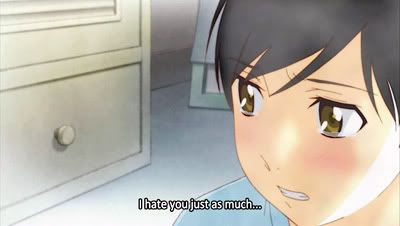
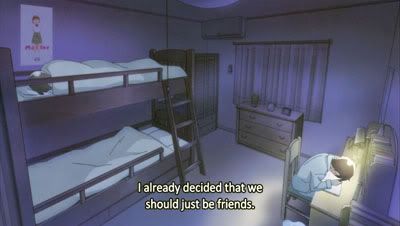


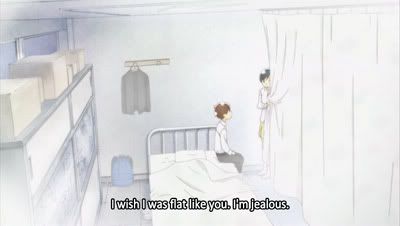
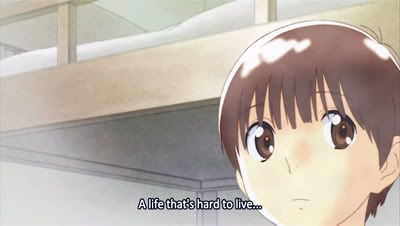
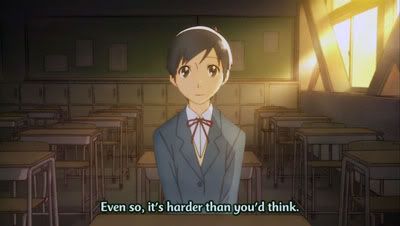
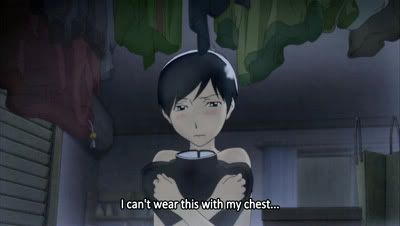
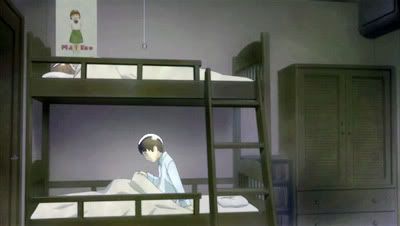
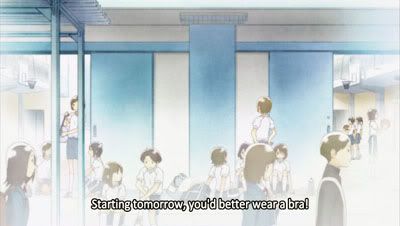

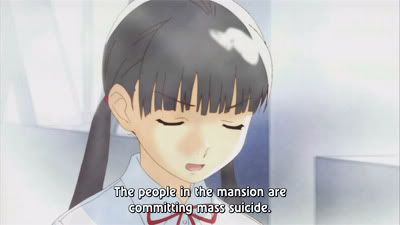
No comments:
Post a Comment